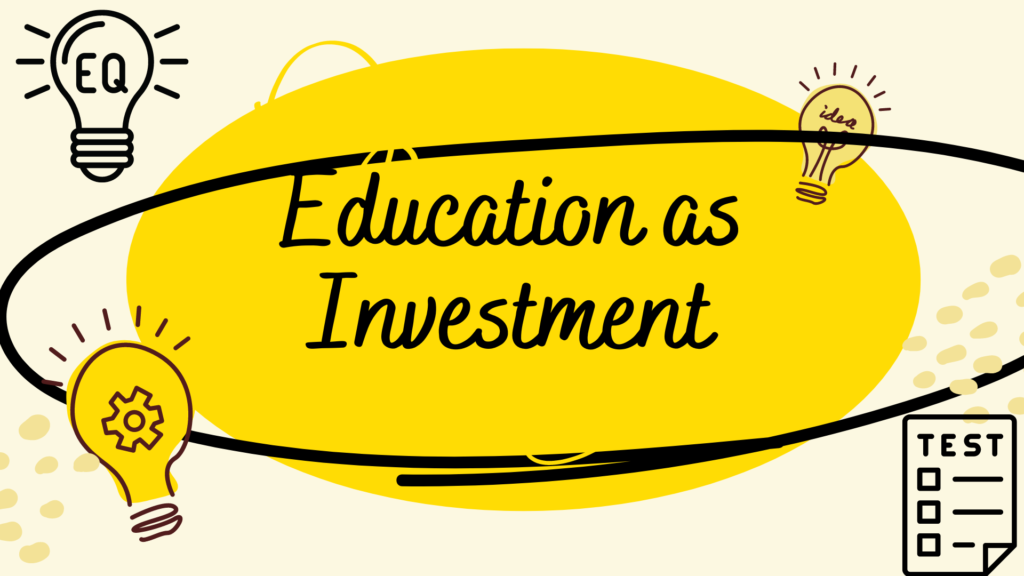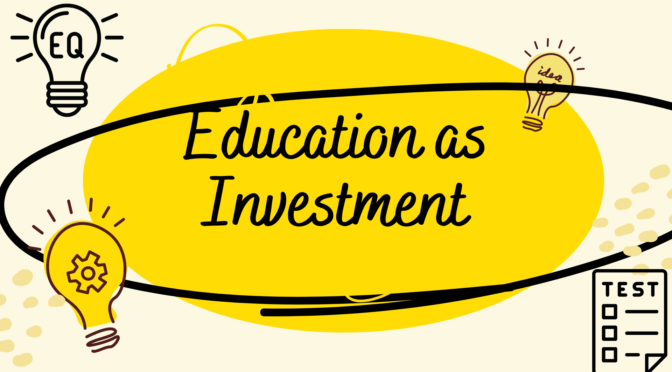Education as manpower planning means education play and important role in manpower planning , which is the process of assessing the current and future needs of the workforce and developing strategies to meet those needs.
Here are some ways in which education is linked to manpower planning:
- Identifying skill gaps:
Education is a key tool in identifying skill gaps in the workforce. Through various assessment tools, education systems can identify the skills and competencies that are in demand in the labor market and determine whether there are enough trained workers to meet those needs. This helps policymakers and educators to adjust the curriculum and training programs to meet the demands of the labor market.
- Developing a skilled workforce:
Education provides individuals with the skills and knowledge needed to perform specific jobs. By developing a skilled workforce through education and training, manpower planning can ensure that there are enough trained workers to meet the demands of the labor market. This, in turn, can increase productivity and economic growth.
- Addressing unemployment:
Manpower planning can help to address unemployment by identifying areas of labor market shortages and creating training programs to equip workers with the necessary skills to fill those positions. Education systems can work closely with employers to ensure that training programs are designed to meet their needs and that graduates are equipped with the skills necessary to succeed in the job market.
- Meeting the needs of specific industries:
Manpower planning can also help to meet the specific needs of certain industries, such as healthcare or technology. Education and training programs can be designed to produce graduates with the skills and competencies needed to work in these industries. This ensures that there is a sufficient supply of workers to meet the needs of the industry and that workers are equipped with the skills they need to succeed.
- Encouraging lifelong learning:
Manpower planning can also encourage lifelong learning by providing opportunities for workers to update their skills and knowledge throughout their careers. This can include continuing education programs or on-the-job training. By encouraging lifelong learning, manpower planning can ensure that workers are able to adapt to changing technologies and job requirements, which is essential in a rapidly changing job market.
In conclusion, education plays a critical role in manpower planning by identifying skill gaps, developing a skilled workforce, addressing unemployment, meeting the needs of specific industries, and encouraging lifelong learning. By working together, education systems and policymakers can ensure that the workforce is equipped with the skills and knowledge needed to meet the demands of the labor market and promote economic growth.
Also Visit : Prep with Harshita

Also Read : Impact of Science and Curriculum on Technology


You have observed very interesting points! ps nice site.